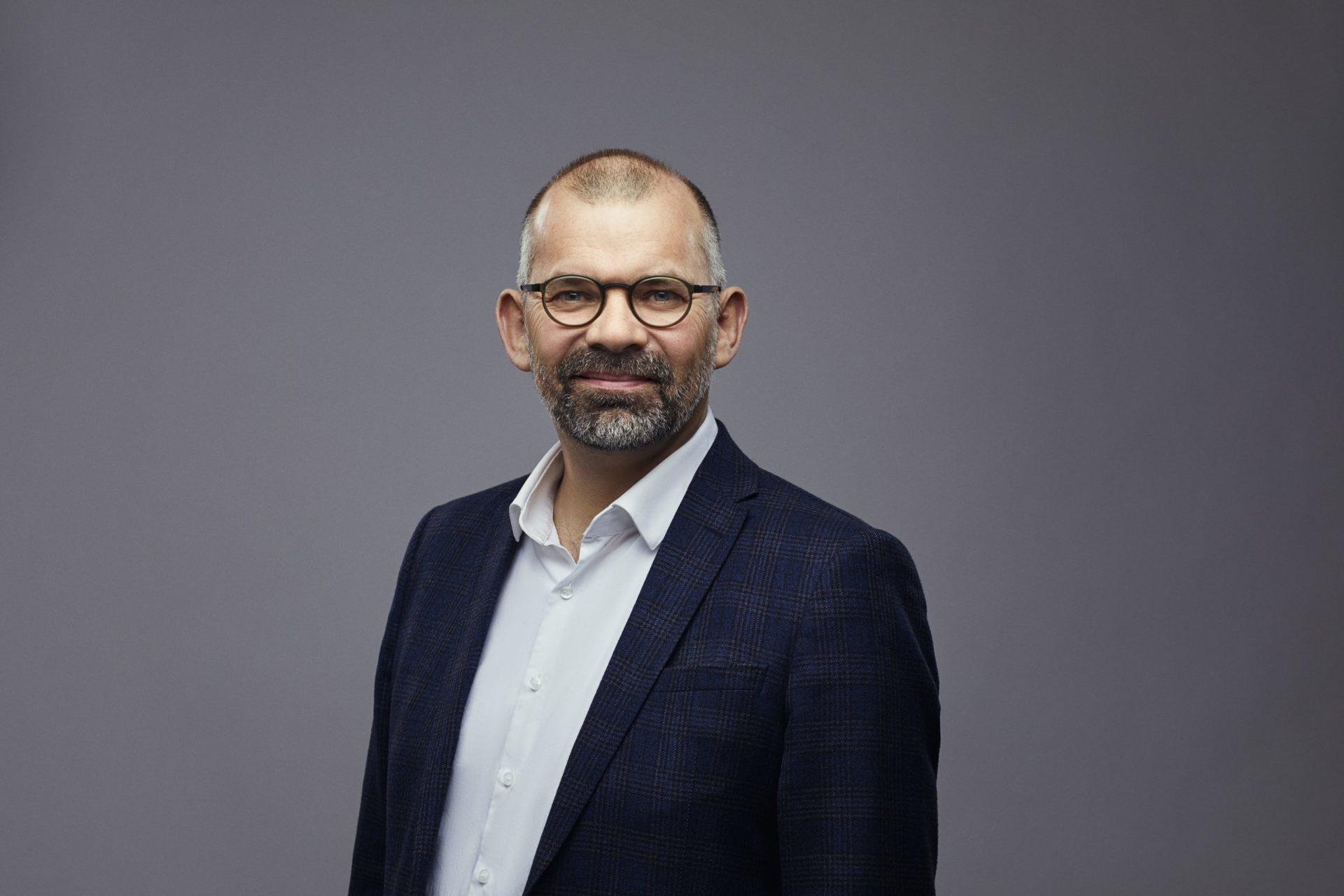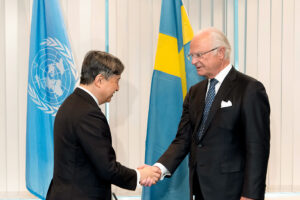“We need to talk more about water”
The World Water Week Communications Initiative was launched early in 2021, thanks to a grant from the Grundfos Foundation. We asked Kim Nøhr Skibsted, Executive Director of Grundfos Foundation, why the Foundation chose to support the Communications Initiative.
The aim of the Communications Initiative is to improve the quality, accuracy, and intensity of reporting and storytelling on water through capacity building for journalists and communicators. It kicks off on May 18 with a series of online workshops on water and communication to support and inspire journalists and communicators to help raise the importance of water globally.
Kim Nøhr Skibsted, Executive Director of Grundfos Foundation, explains why the Foundation chose to support the Communications Initiative:
We believe that World Water Week is the best place to gather to discuss water. It’s a meeting point where various stakeholders: policymakers, researchers, specialists, activists, and NGOs, come together to talk about challenges and solutions, exchange ideas and knowledge. But we need to spread the word and get the message out to a broader cross-section of society. Having access to clean water is a fundamental right. Politicians talk about water and NGOs talk about water. But private citizens don’t talk about water. They talk about other issues but they don’t talk about water. And we need to talk more about water.
Q: The water sector has identified communication as one of its major challenges. Why?
A: We need to raise awareness that water should be handled with care and make sure there is enough for all of us. Water forms part of the climate discussion, but it’s not only a climate issue. It’s about our survival. It’s an essential part of life and should be an essential part of the global debate. But it’s not.
Q: So why doesn’t water have a more prominent place in the global debate?
A: We discuss water when there is a drought or a flood. But then we discuss it in terms of emergency response. We need to change the discourse. We need to discuss how we can manage water in a different way. It’s a difficult and complex issue, but if we don’t succeed, if we don’t find a solution, the scenario is terrifying. I think water is so essential that we can’t grasp it. That’s why we want to underline the importance of SDG 6, if we don’t achieve SDG 6 the other 16 goals are irrelevant.
Q: What would be the contribution of the water sector to achieve the 2030 Agenda?
A: The water sector needs to be more visible, and it needs to be modernized. In many countries, water is managed by a public enterprise, but there is room for greater private sector involvement. In fact, we need the private sector on board to solve the crisis. The idea is to get policy makers, NGOs and business together, to help find a solution. Because it can be done, and these stories need to be heard. We have to raise awareness of the challenges, but if we also raise awareness of the solutions, discussions are more fruitful and constructive. We must test new ways of water distribution, new ways of cleaning water, new ways to pay for water and so on.
Spreading the word about new initiatives and new solutions is vital.
We often talk about the benefits of saving energy, but what about water? Discussions about finding new ways of technical solutions for how to handle water should be just as important.
Q: What is missing in media reporting on water?
A: We often read and hear about water in relation to climate and climate change, and that is good. But I’d like more stories on the importance that clean water has in people’s lives. I want to see stories on how water improves the quality of life for people who haven’t had access to clean water before. The difference clean water can make in terms of improved health, development, potential growth and equality. These are the stories I’d like to read. These are the stories that put things into perspective.








